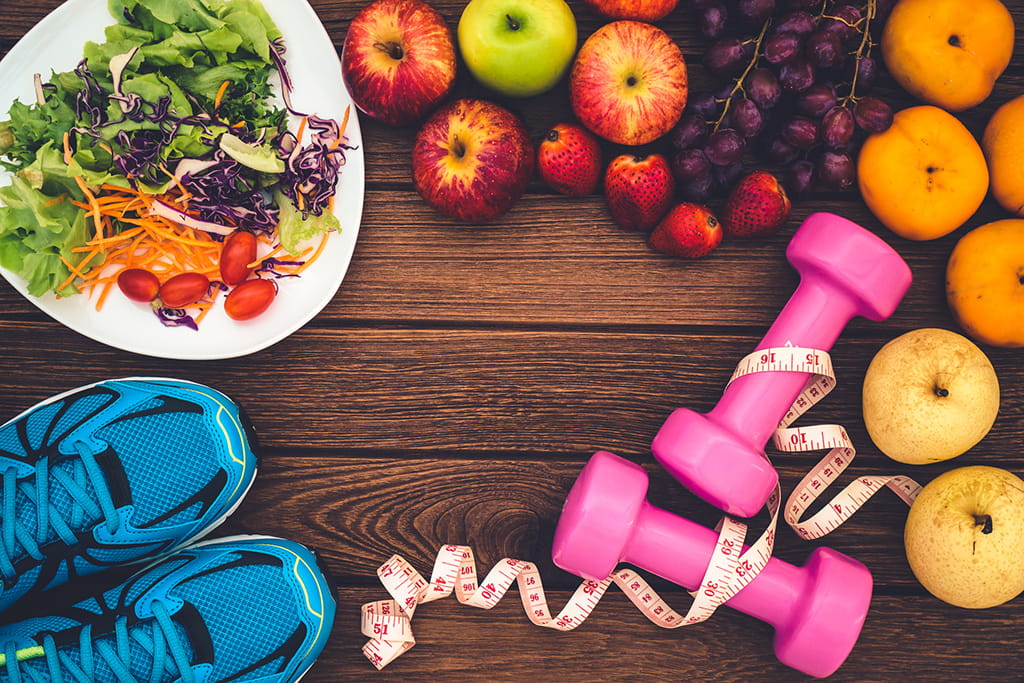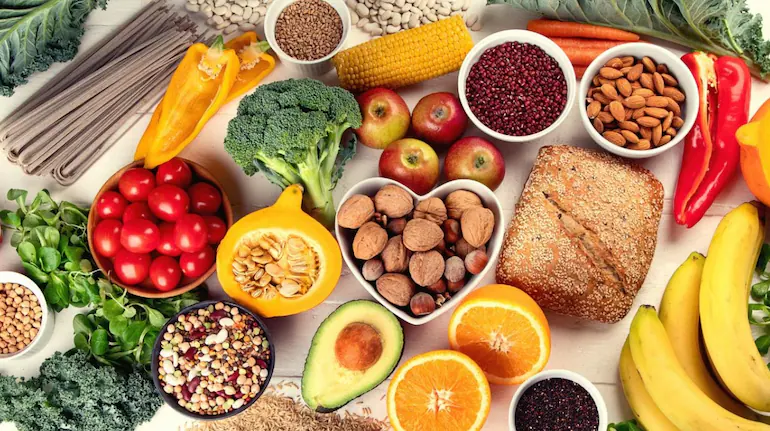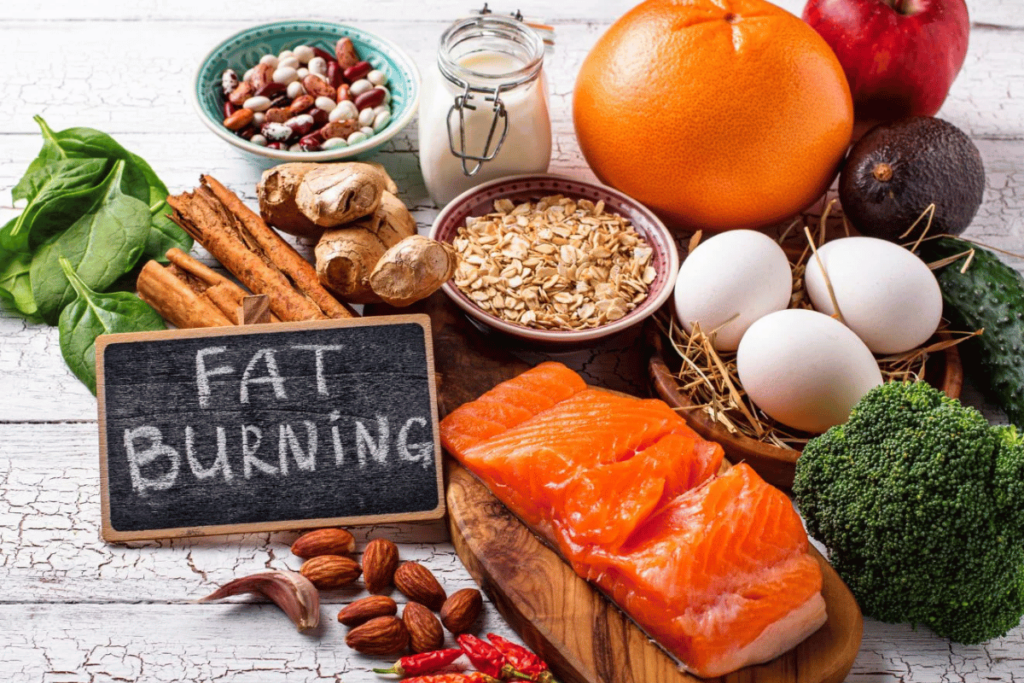In a world where crash diets, miracle pills, and “instant” fitness trends dominate headlines, it’s easy to forget that the most effective and lasting way to shed extra pounds is through healthy weight loss. Unlike quick-fix solutions that often compromise your health, healthy weight loss emphasizes a balanced, sustainable approach that nurtures your body, mind, and lifestyle.
If you’re tired of yo-yo dieting, extreme restrictions, and unsatisfying results, this guide is for you. Let’s dive deep into what healthy weight loss really means, how it works, and how you can start transforming your body and life—one step at a time.
What is Healthy Weight Loss?
Healthy weight loss refers to losing weight in a way that is gradual, balanced, and sustainable, prioritizing overall health over rapid results. It typically involves:
- Eating a nutrient-rich, balanced diet
- Engaging in regular physical activity
- Making behavioral and lifestyle changes
- Losing weight at a steady pace (usually 1–2 pounds per week)
The primary goal isn’t just to lose weight but to build habits that promote long-term wellness. Unlike fad diets that may harm your metabolism or lead to nutritional deficiencies, healthy weight loss supports your body’s natural processes and contributes to better energy, mental clarity, and longevity.
Why Most Diets Fail
Before we explore how to lose weight healthily, it’s important to understand why so many weight loss attempts fail:
- Over-restriction: Diets that cut out entire food groups or drastically reduce calories are unsustainable.
- Lack of education: People often don’t understand nutritional needs, portion control, or food labels.
- Unrealistic goals: Rapid weight loss may not be sustainable and can backfire.
- Lack of support: Weight loss can be challenging without emotional or social support.
- No long-term strategy: Many diets are short-term plans, not lifestyle changes.
This is where the concept of healthy weight loss stands out—it’s built on a foundation of realistic goals, balanced nutrition, and self-compassion.

The Science Behind Healthy Weight Loss
To lose weight, your body must burn more calories than it consumes—this is known as a caloric deficit. However, not all calories are created equal. The quality of the food you eat affects how your body uses and stores energy.
Here’s how healthy weight loss works at a physiological level:
- Caloric Deficit: Burning more calories than you consume leads to weight loss.
- Muscle Maintenance: A balanced diet with adequate protein and strength training helps preserve lean muscle mass.
- Metabolic Health: Balanced eating supports stable blood sugar levels, hormone regulation, and metabolic rate.
- Fat Loss vs. Weight Loss: Healthy weight loss focuses on fat loss, not just scale numbers.
Key Principles of Healthy Weight Loss
To achieve healthy weight loss, you need more than just willpower. You need a system rooted in science and built around realistic practices. Here are the fundamental pillars:
1. Balanced Nutrition
Eating a wide variety of nutrient-dense foods is crucial. Your meals should include:
- Lean Proteins: Chicken, fish, eggs, legumes, tofu
- Complex Carbohydrates: Quinoa, oats, brown rice, sweet potatoes
- Healthy Fats: Avocado, nuts, seeds, olive oil
- Fiber-rich Vegetables & Fruits: Broccoli, spinach, berries, apples
Avoid highly processed foods, sugary drinks, and trans fats. Instead, choose whole, natural foods that fuel your body.
✅ Tip: Aim to fill half your plate with vegetables, one-quarter with lean protein, and one-quarter with whole grains.
2. Portion Control
Even healthy foods can lead to weight gain if consumed in excess. Learning portion sizes can help you stay in a caloric deficit without feeling deprived.
- Use smaller plates
- Read nutrition labels
- Avoid eating directly from packages
- Practice mindful eating—chew slowly and stop when full
3. Regular Physical Activity
Exercise helps you burn calories, build muscle, and improve mood. It’s essential for maintaining healthy weight loss and preventing weight regain.
Recommended Activity:
- Cardio (3–5 days/week): Brisk walking, running, swimming, cycling
- Strength Training (2–3 days/week): Bodyweight exercises, weights, resistance bands
- Flexibility & Balance: Yoga, stretching, Pilates
Even small activities—taking stairs, walking during calls, or standing more—add up throughout the day.
4. Hydration
Drinking enough water aids digestion, boosts metabolism, and helps you feel full. Often, our bodies confuse thirst with hunger.
✅ Tip: Aim for at least 8–10 glasses of water per day. Start your morning with a glass of water and drink before meals to curb overeating.
5. Sleep & Stress Management
Lack of sleep and chronic stress can sabotage your weight loss efforts. They lead to hormonal imbalances (like increased cortisol), which trigger hunger and fat storage.
- Aim for 7–9 hours of sleep per night
- Practice mindfulness, meditation, or journaling
- Limit screen time before bed
Setting Realistic Weight Loss Goals
Healthy weight loss isn’t about perfection; it’s about progress. Setting achievable goals is critical to staying motivated and tracking success.
- Short-Term Goals: Walk 30 minutes a day, eat vegetables with every meal, drink more water.
- Long-Term Goals: Lose 10–20 pounds over 3–6 months, reduce cholesterol, improve energy levels.
Measure success beyond the scale—track how your clothes fit, your energy, your sleep, and your mood.
Healthy Weight Loss Meal Plan (Sample 1-Day Plan)
Here’s a sample meal plan to guide you toward healthy weight loss:
🥣 Breakfast:
- 2 boiled eggs
- 1 slice whole-grain toast
- 1/2 avocado
- Green tea or black coffee
🥗 Lunch:
- Grilled chicken salad with mixed greens, cherry tomatoes, cucumber, and olive oil dressing
- Quinoa or brown rice on the side
🍎 Snack:
- Greek yogurt with fresh berries
- Handful of almonds
🍛 Dinner:
- Baked salmon or tofu
- Steamed broccoli and sweet potato
- Side of leafy greens with lemon juice
🫗 Optional Dessert:
- 1 square of dark chocolate (70%+ cocoa)

Common Myths About Weight Loss
❌ Myth 1: Carbs Make You Fat
Not true! Whole, complex carbs provide essential nutrients and energy. It’s refined carbs and sugars you should avoid.
❌ Myth 2: You Have to Starve to Lose Weight
Extreme calorie restriction slows metabolism and can lead to nutrient deficiencies. Eat enough to fuel your body properly.
❌ Myth 3: You Must Exercise Excessively
Too much exercise without recovery can lead to burnout or injury. Balanced, consistent movement is better than extremes.
❌ Myth 4: Supplements Alone Will Help You Lose Weight
While some supplements can support metabolism or digestion, they’re not a replacement for a healthy lifestyle.
Emotional & Mental Health in Weight Loss
One often-overlooked aspect of healthy weight loss is your mental and emotional well-being. Emotional eating, self-sabotage, and negative body image can all hinder progress.
How to Manage:
- Practice Self-Compassion: Don’t punish yourself for slip-ups.
- Track Progress Honestly: Use a journal or app to reflect on habits and feelings.
- Get Support: Talk to a friend, coach, or therapist when needed.
- Celebrate Wins: No matter how small—each step counts.
Staying Consistent for Long-Term Success
The secret to success isn’t a perfect plan—it’s consistency. Life will throw challenges your way, but learning to adapt without giving up is what makes healthy weight loss truly sustainable.
Long-Term Strategies:
- Meal prep to avoid last-minute junk food choices
- Keep healthy snacks available
- Find a workout buddy or join a group
- Focus on habits, not just outcomes
“Success is the sum of small efforts repeated day in and day out.” – Robert Collier
Healthy Weight Loss: Final Thoughts
Achieving healthy weight loss isn’t about deprivation or following the latest trend. It’s about honoring your body, fueling it with the right foods, moving regularly, managing stress, and being kind to yourself in the process.
By shifting your focus from short-term results to long-term health, you’ll not only lose weight—you’ll gain energy, confidence, and a renewed sense of well-being.
Whether you’re just beginning your journey or restarting after setbacks, remember: slow and steady truly wins the race when it comes to lasting weight loss.
Ready to Begin?
Start today by making one small change—a healthier meal, a 15-minute walk, or choosing water over soda. Over time, these small choices add up to big transformations.

